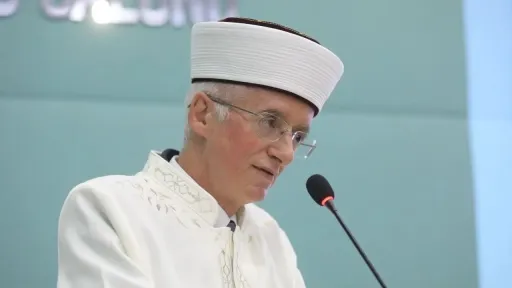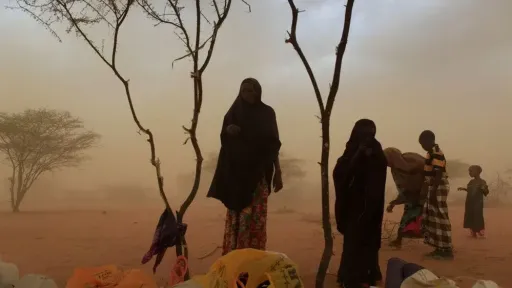Environmental ‘terrorists’ torch 11,000 hectares in northern Spain

The leader of the northern Spanish region of Asturias on Saturday said “terrorists” had burned approximately 11,000 hectares (27,000 acres) of land in wildfires.
“They are terrorists because the strategy was clearly designed to cause harm. They put lives at risk,” said Asturian President Adrian Barbon.
At one point on Friday, firefighters and volunteers were scrambling to deal with 116 wildfires that were burning simultaneously across the region’s green mountains.
The fires were fueled by unseasonably warm weather and strong southern winds. But the vast majority were triggered, according to Barbon, by a “premeditated and coordinated” terrorist action.
Hundreds of residents had to flee their homes, while large swathes of forest, agricultural land, and even several buildings went up in flames.
Barbon warned that those responsible will “pay with prison time.”
Fortunately, by Saturday afternoon, the rain had helped bring most of the fires under control.
While the government blames “terrorists” for the fires, different groups also say government policies are responsible.
Local environmental groups say a 2017 law that allows farmers to use burnt land for grazing their animals immediately after wildfires encourages people to start blazes.
Farmers, on the other hand, say the 2017 law is positive, but the government has not done enough to clean the mountain areas using controlled fires.
Xuan Valladares, of the farmers’ group Asturias Ganadera, said pine and eucalyptus trees, which burn faster than trees that naturally grow in the area, are another cause of explosive wildfires.
Speaking to the Spanish daily El Mundo, he said some “illegal wildfires” to create grazing areas occur, but that is not the only reason they are started.
“There are all kinds of people, even those who start fires to spite their neighbors or the government,” he added.
Meanwhile, some of those whose homes were threatened by the flames thanked their local community members for preventing the fires from causing even more damage.
“It was terrible … everything burned,” Pilar Galan, a resident of the village of Navelgas, told local broadcaster TPA as she held back tears. "But I have to thank the farmers who came out with buckets and fought the flames all night.”
The regional government is still trying to evaluate all the damage as they decide whether to declare the area an official disaster zone.
AA




